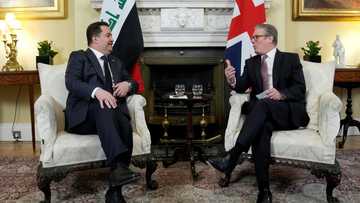What Is Fuel Subsidy History in Nigeria
Being an oil rich country and the largest oil producing country in Africa Nigeria has survived a tough crisis connected with the downfall of the crude oil industry. The government introduced the fuel subsidy in Nigeria, which has lasted for many years.
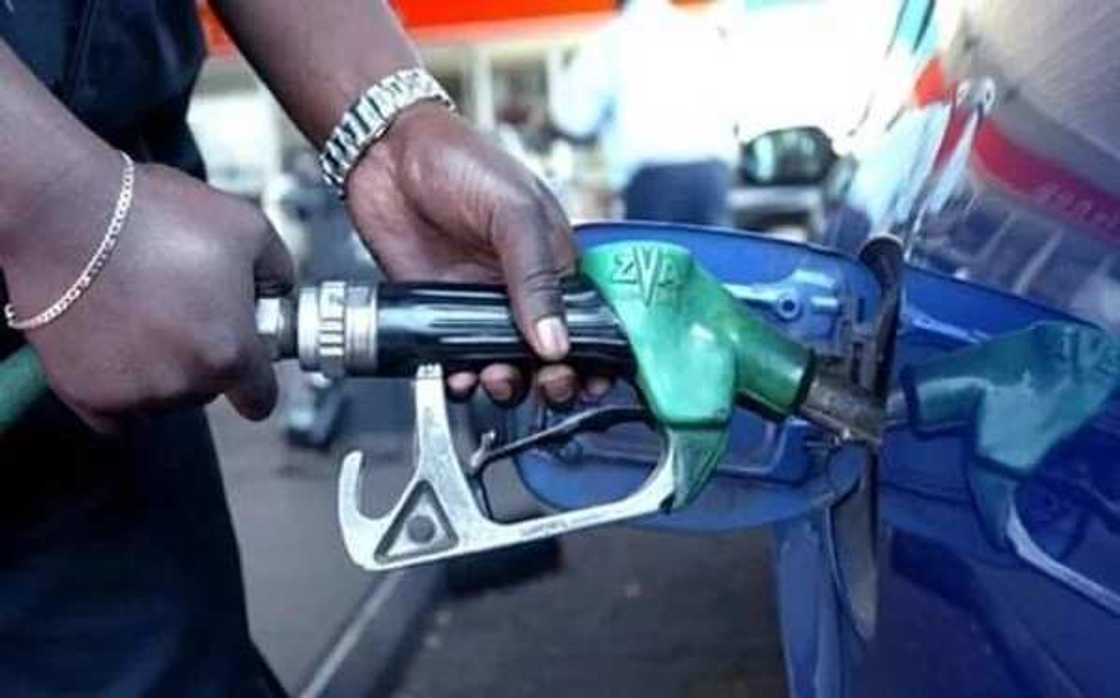
When did It all began and what is fuel subsidy?
Nigeria is the biggest producer of crude oil in Africa but still needs to import PMS. The country produces about 2,4 million barrels of crude oil but the majority if being exported abroad. Due to the heavy corruption and many years of being neglected, the local refinaries factories stay out of work.
As a consequence, the country imports nearly 70% of the petrol used in the country. With the price of petrol ranging about a half of a Nigerian citizen’s daily budget of about $2, the wisest decision was to introduce fuel subsidies.
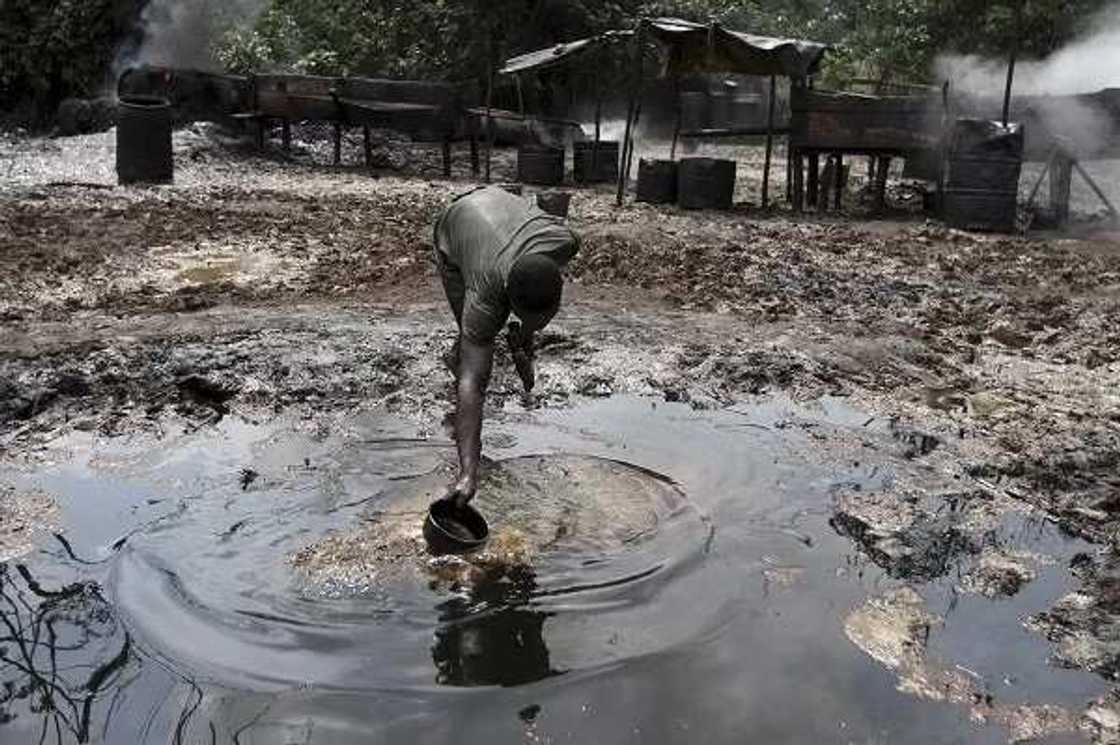
READ ALSO: FG has illegally reintroduced petrol subsidy - Lawmaker warns
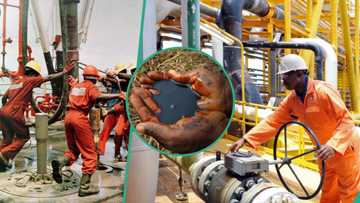
Read also
OPEC may reject Nigeria’s planned 2 million barrels per day oil production projection, report says
The subsidies were appreciated by the citizens as one of a few positive things they could receive from the state. The economy of the country has always been highly dependent on the crude oil. Among other reasons, the absence of constant and stable electricity supply makes private households and small enterprises depend on generators.
The fuel subsidy policy in Nigeria was introduced as a means to stabilize the price of fuel until the local industries pass the rehabilitation process. They were meant to last for six months only but have lasted for twenty-four years. The licenses for the rehabilitation of the country's refineries were given to a range of companies that have, actually, done very little or nothing to improve the situation.
The fuel subsidy scandal
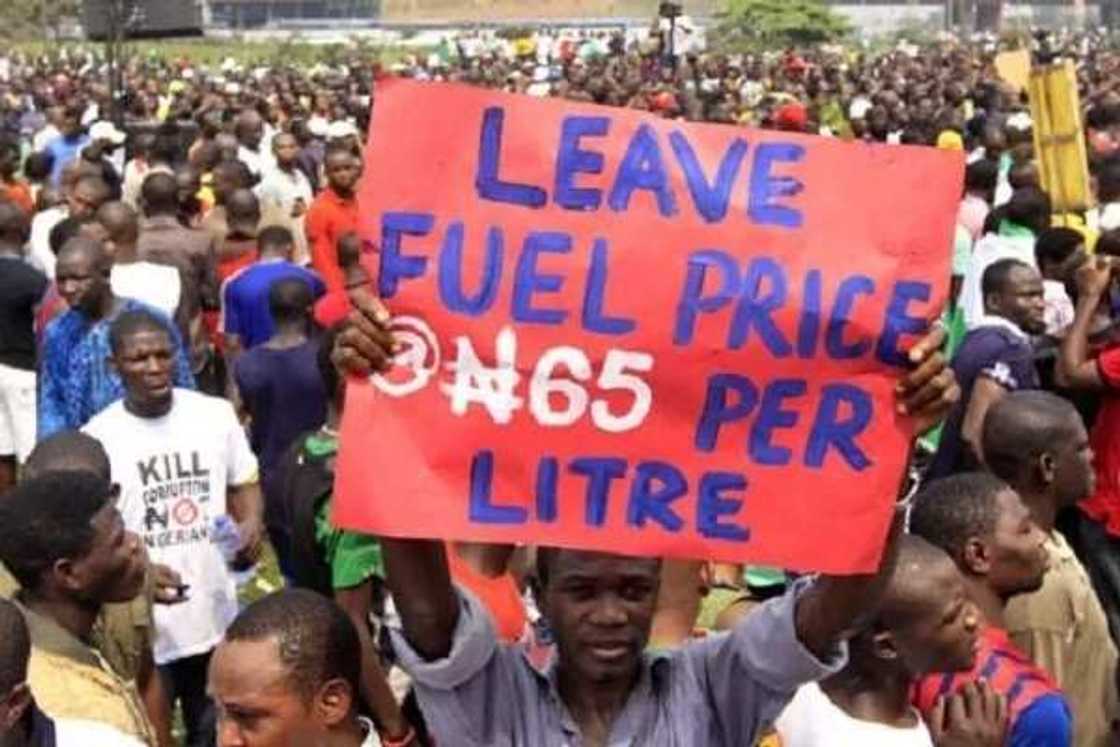
The fuel subsidy scandal in Nigeria was connected to the people’s opinion that the newly created block of the oil holders was too close to the government of that time. It means that people saw not the real actions aimed at saving the oil industry in Nigeria but somebody’s efforts to fill their pockets.
Failure of the domestic refineries to function has put the country in position where we have to keep on buying imported refined products and paying subsidies of about $8 billion per year. In 2012, the government decided that the money should better be given to the development of infrastructure and other needs and canceled the subsidies.
Fuel subsidy removal in Nigeria

When the subsidies were removed by Goodluck Jonathan in 2012, the price of petrol became twice as high. One liter of petrol cost about $1, which was a half of a common Nigerian citizen’s daily worth. People who were forced to use petrol generators due to the absence of stable electrical supply were in a rage.
2012 started with mass protests against the corruption, inhuman treatment of the population of Nigeria by the government, and so on. The protests in the form of civil resistance, civil disobedience, and strikes lasted for a week when the President of Nigeria Goodluck Jonathan decided to stop it. The decision was made to reduce the petrol prices by 30%.
In 2016, the subsidies were canceled once again with the global drop in oil and petrol prices, the government claiming that it was no longer possible to sustain the process, keeping in mind the heavy corruption in the subsidy payment.
READ ALSO: Fuel scarcity: Minister of state for petroleum resources to meet with oil marketers
Source: Legit.ng


